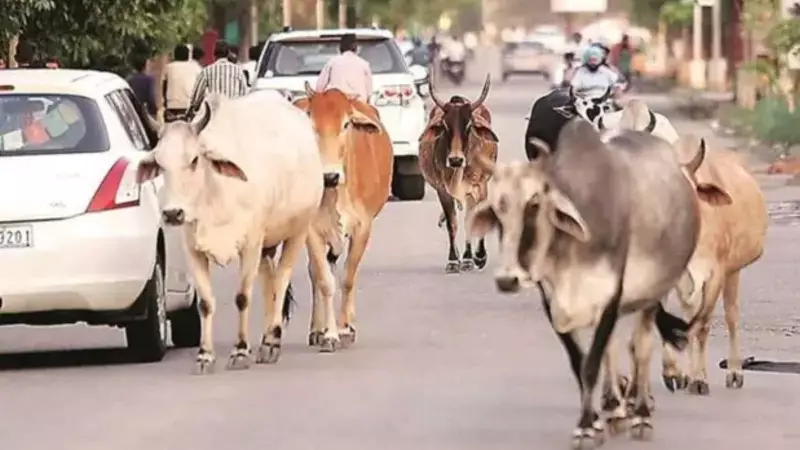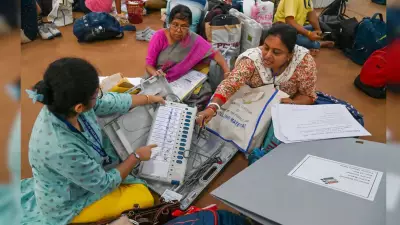
The Punjab and Haryana High Court has stepped into a significant legal debate, issuing a formal notice to the Haryana government concerning a contentious cow protection law. This action came on Wednesday, following a Public Interest Litigation (PIL) that challenges the constitutionality of provisions allowing private individuals to wield police-like powers.
Legal Challenge Against Private Enforcement
The petition, filed by the National Federation of Indian Women (NFIW), takes direct aim at Sections 16 and 17 of the Haryana Gauvansh Sanrakshan and Gausamvardhan Act. Advocate Arjun Sheoran, representing the NFIW, argued the case before a Division Bench led by Chief Justice Sheel Nagu and Justice Sanjiv Berry.
These specific sections grant authority to "any police officer not below the rank of sub-inspector or any person authorised in this behalf". This authorisation empowers them to enter and search vehicles or premises, seize cattle, and confiscate vehicles suspected of being used for offences under the Act.
Concerns Over Misuse of Sovereign Power
Sheoran presented a core argument to the bench: while police and government officials can be entrusted with such authority, delegating it to "any person authorised" effectively confers sovereign powers onto private individuals. He contended that powers of search and seizure are sovereign functions that cannot be handed over to non-state actors.
"What is happening across the state is that individuals and so-called volunteers are stopping vehicles, conducting searches, and seizing property under the guise of Sections 16 and 17," Sheoran asserted in court. He highlighted that this delegation has, in practice, included private volunteers, leading to potential misuse.
Basis in Established Law and Precedent
The petitioner's argument drew strength from existing legal frameworks. Sheoran pointed to the Code of Criminal Procedure (CrPC), specifically Section 102, which explicitly restricts such powers to police or government officers. He emphasized that no similar provision in the CrPC allows private individuals to perform these acts.
Further bolstering the challenge, the counsel cited relevant judgments from the Supreme Court and the Andhra Pradesh High Court, which have previously affirmed that search and seizure are indeed sovereign functions.
The plea requests the High Court to take one of two decisive actions: either strike down Sections 16 and 17 of the Act entirely, or issue an order to stop the authorisation of private persons for its enforcement.
Court's Response and Next Steps
After a thorough hearing of the arguments, the bench acknowledged the gravity of the issues raised. The court subsequently issued a notice to the Haryana Government, demanding its official response to the allegations laid out in the PIL.
The matter has been adjourned, with the next hearing date to be determined and fixed by the court registry. This legal development, dated November 12, 2025





